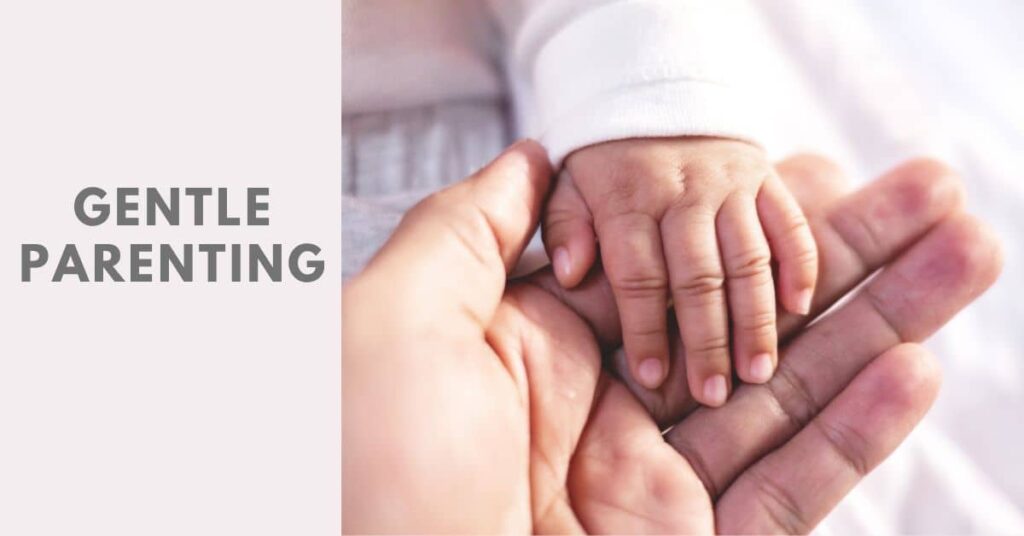Authoritative parenting strikes the ideal balance between warmth and discipline. It promotes independence, self-esteem, and academic success in kids. Here’s why psychologists overwhelmingly recommend the authoritative approach.
In the late 1960s, developmental psychologist Diana Baumrind identified three main parenting styles: authoritarian, permissive, and authoritative. Of the three, authoritative parenting leads to the best outcomes in children.
What is Authoritative Parenting?
Authoritative parents have high expectations for their children, but they temper discipline with warmth, sensitivity, and flexibility. They engage in open communication, provide reasons for rules, and foster independence. Kids are encouraged to voice their thoughts and concerns.
This isn’t a parent who gives in to a child’s every whim. But it is a parent who respects their child’s individuality. Authoritative parents aim to guide rather than control.
The Benefits of Authoritative Parenting
Study after study confirms that authoritative parenting promotes success. Kids raised by authoritative parents tend to be:
- Independent, mature, and self-reliant
- Curious and eager to learn
- Self-controlled and well-behaved
- Responsible and cooperative
- Sociable, friendly, and popular
- Resilient in the face of setbacks
- Academically successful
- Less prone to depression, anxiety, or delinquency
In one telling study, teens rated their parents on factors like warmth, accountability, and autonomy. The teens who described their parents as authoritative scored higher on measures of psychological well-being. They also reported less substance abuse.
Why Does Authoritative Parenting Work So Well?
Psychologists chalk up the success of authoritative parenting to a few key factors:
Independence is encouraged
Unlike authoritarian parents who demand obedience, authoritative parents want to develop strong individuals. By encouraging independence, authoritative parents promote vital skills like decision-making, problem-solving, and self-regulation.
Communication flows both ways
Open communication allows children to voice concerns and parents to explain reasons for rules. This fosters mutual understanding and respect.
Rules and limits exist, but flexibility too
While permissive parents place few demands on kids, authoritative parents expect cooperation and maturity. But they remain flexible based on context and the child’s needs.
Mistakes aren’t shamed, but used to teach
Children will inevitably make poor choices, but authoritative parents stay supportive. They use mistakes as teaching moments, not times for harsh punishment. This helps children build resilience.
Empathy and morality are emphasized
Authoritative parents discipline through induction – teaching kids to reflect on how their actions impact others. This promotes empathy, integrity, and prosocial behavior.
Drawbacks of Authoritative Parenting
No parenting style is perfect. The authoritative approach requires patience and skill. Some potential pitfalls include:
- Difficulty finding the right balance – Parents may struggle, especially at first, to walk the line between leniency and control.
- More time-consuming – The emphasis on communication and reasoning makes authoritative parenting more hands-on.
- Frustration with rebellious phases – Authoritative parents may take normal rebellion personally since they’ve tried hard to raise cooperative children.
However, the overwhelming evidence shows authoritative parenting is well worth the effort. The pros clearly outweigh the cons.
Tips for Authoritative Parenting
- Explain the reasons behind rules and limits
- Allow children age-appropriate freedoms
- Be patient yet firm if rules are broken
- Validate children’s feelings and treat them with respect
- Offer praise and encouragement for good behavior
- Foster open dialogue and take children’s opinions seriously
While no style is one-size-fits-all, the authoritative approach is backed by decades of research. Warm yet firm, demanding yet flexible – it encourages the best from kids. This balanced method promotes the skills children need to thrive now and into adulthood.

I’m Mithun Debnath, a dedicated dad and the founder of Papa Parenting. I’m here to share my parenting journey, tips, and insights to make your life as a parent a little easier. Join me as we navigate the adventures of fatherhood together.






